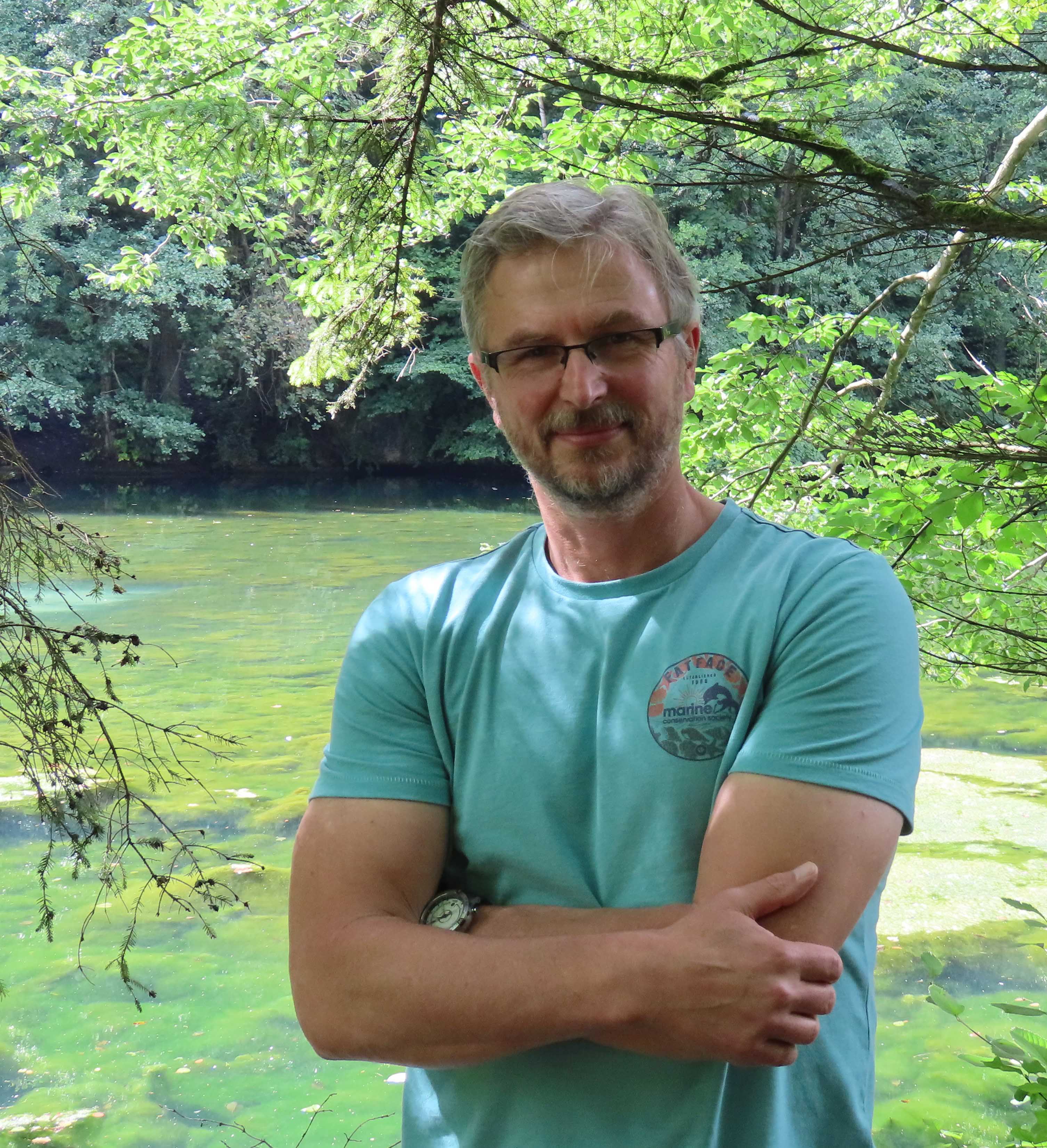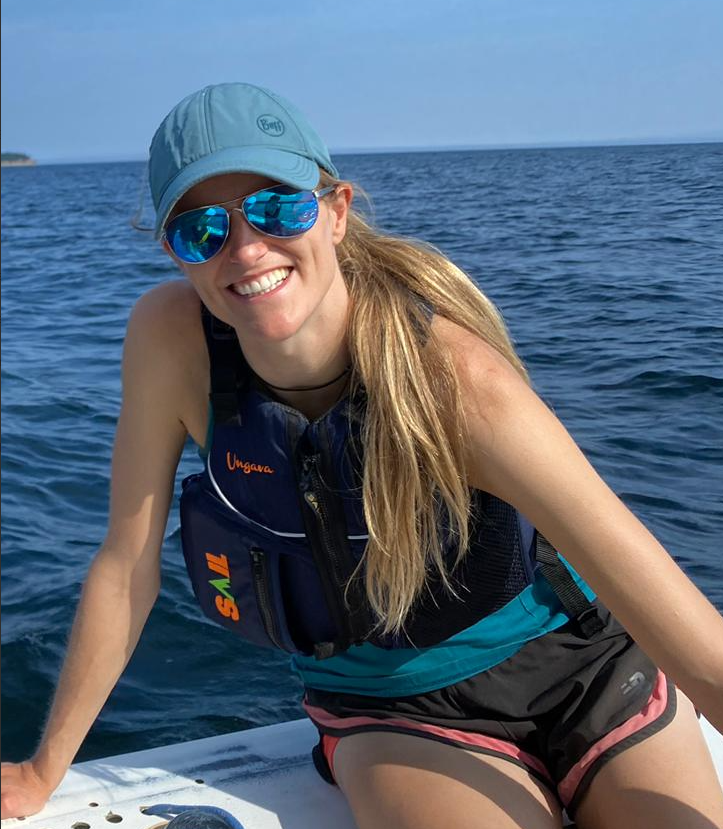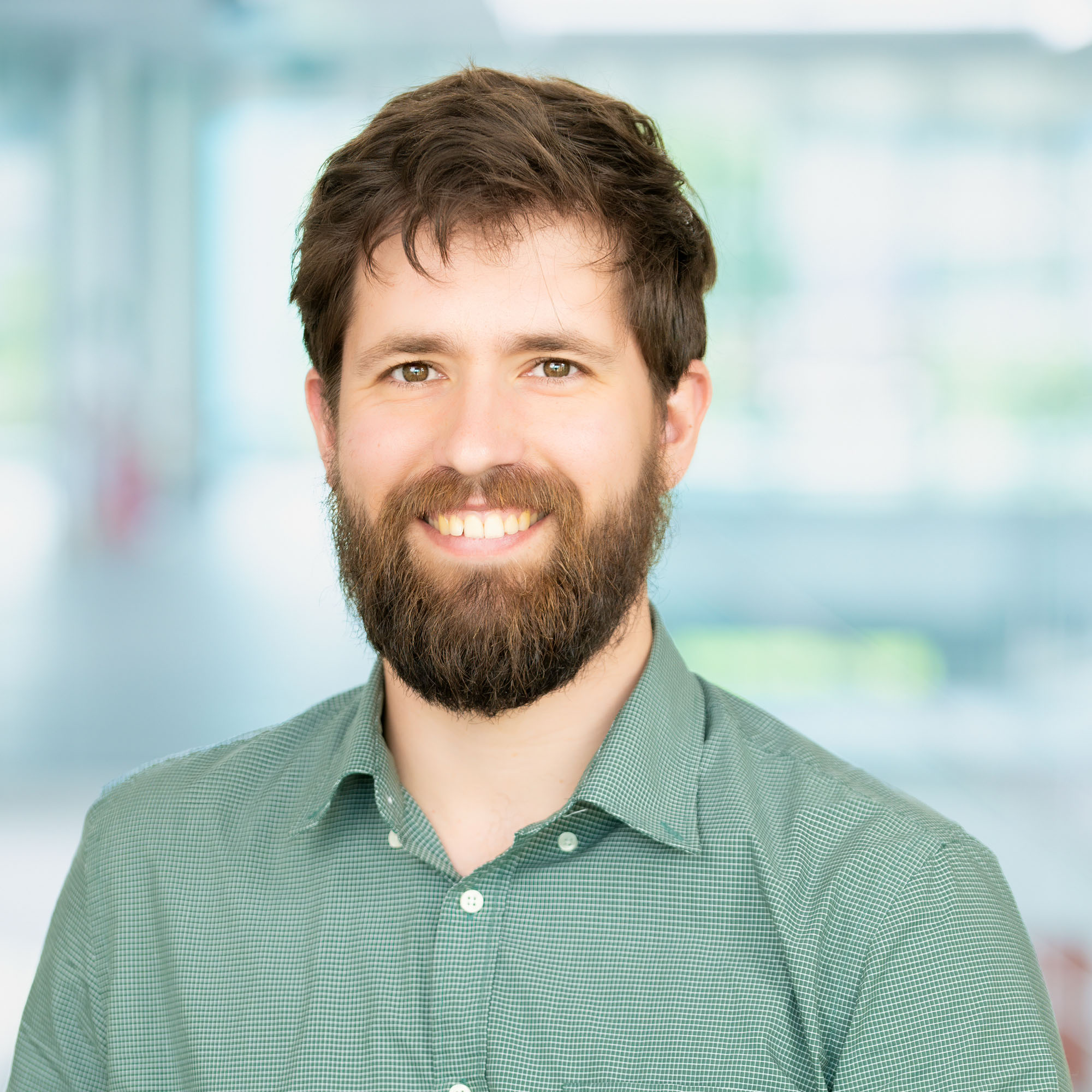
IBFC Seminar Series
- 27 February 2025. Environmental Detectives: What can eDNA tell us about biodiversity? with Prof. Bernd Hänfling
- 27th of March 2025. Swimming against the clock: The genetics of salmon migration timing in a changing climate with Dr Samantha Beck
- 15th of May 2025. Can predators save prey? Evaluating the evidence of trophic cascades in wild ecosystems with Dr Cristian Navarro Waggershauser
Environmental Detectives: What can eDNA tell us about biodiversity? with Prof. Bernd Hänfling
27 February 2025.
Understanding how biodiversity responds to human activities and environmental restoration is increasingly important for protecting our planet’s ecosystems. To tackle this challenge, we are using innovative tools like environmental DNA (eDNA). This cutting-edge method detects traces of DNA left behind by animals and plants in water, soil, or air, allowing us to identify which species are present without needing to see or capture them directly.
This talk will explain how eDNA works in simple terms and share fascinating examples of how it’s being used at the Institute of Biodiversity and Freshwater Conservation to study and protect nature.
Professor Bernd Hänfling is the Director of the Institute for Biodiversity and Freshwater Conservation at UHI Inverness and a Fellow of the Freshwater Biological Association. His research focuses on using molecular tools, particularly environmental DNA (eDNA), to study freshwater biodiversity and ecosystem health. Bernd has contributed to developing innovative eDNA techniques for monitoring fish and invertebrate communities, providing critical insights for conservation and management. He collaborates closely with stakeholders and is a founding member of the UK-DNA Working Group, advancing the application of DNA-based biomonitoring in ecological research and policy.


Swimming against the clock: The genetics of salmon migration timing in a changing climate with Dr Samantha Beck
27th of March 2025.
As the climate continues to rapidly change, the seasonal movements of migratory species are in danger of becoming out of sync with their environment, threatening their survival. Atlantic salmon are known for their long migrations across the ocean, eventually returning to the rivers where they were born to spawn. However, salmon numbers are declining worldwide, and one possible reason could be that their migration timing is no longer lining up with the conditions they need to survive. Understanding the genetic basis of migration timing and exploring how climate change might be impacting certain populations’ migration timing more than others, is crucial. By understanding these dynamics, we can better inform conservation efforts and support the resilience of Atlantic salmon in a rapidly changing world.
Sam is currently a Marie-Curie Global Fellow on the SAL-MOVE project at Institute for Biodiversity and Freshwater Conservation at UHI Inverness, collaborating with Dr. Victoria Pritchard (IBFC, UHI Inverness) and Dr. Ian Bradbury (Fisheries and Oceans Canada). Her research so far has focussed on the evolution and maintenance of biodiversity, particularly in salmonid species. Sam completed her PhD studying Arctic charr in Iceland and has since shifted her focus to Atlantic salmon. Over the past two years, she worked in Nova Scotia on the SAL-MOVE project before returning to Inverness to continue her research exploring the genetic basis of migration timing in Atlantic salmon and the possible impacts of climate change.
Can predators save prey? Evaluating the evidence of trophic cascades in wild ecosystems with Dr Cristian Navarro Waggershauser
15th of May 2025
This lecture explores the complex dynamics of trophic cascades and the challenges of studying them. We evaluate the evidence that supports the existence of trophic cascades in wild communities of vertebrate animals, using the Yellowstone wolf reintroduction as a focal case-study, and their potential role as conservation tools. We then use this international scene of research to frame our own case-study in Scotland, and conclude by highlighting the scientific rigor needed to understand and document their existence and impacts.
Dr Cristian Navarro Waggershauser is an ecologist with a background on forest management, biodiversity, and the application of molecular tools to study species interactions. Currently based at Institute of Biodiversity and Freshwater Conservation at UHI Inverness, Cristian collaborates with Forestry and Land Scotland, Cairngorms Connect, among other government agencies, NGOs, and academic organizations on projects exploring forest and peatland ecosystems. Cristian currently supervises two PhD students exploring the role of feral pigs in Scottish landscapes and the combined effects of fire and peatland restoration towards soil communities. Through these efforts, Cristian aims to contribute to a deeper understanding of ecological systems and sustainable land management practices.
